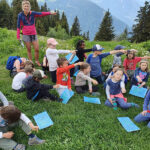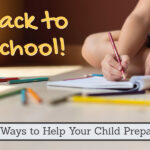LESSONS FROM THE COVID-19 PANDEMIC THAT WILL SHAPE THE FUTURE OF EDUCATION, AND TIPS TO PREPARE FOR THE FORTHCOMING SCHOOL YEAR
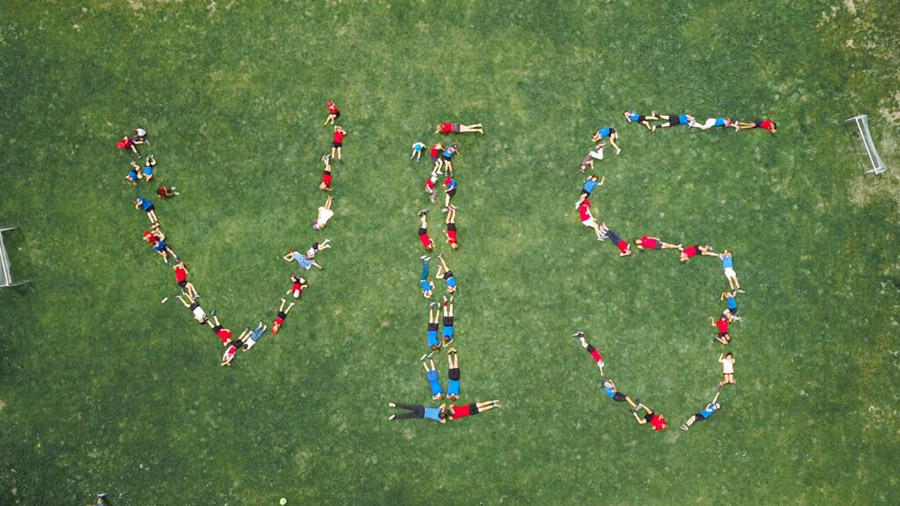
The Covid-19 pandemic has threatened the future of education across the world. Many schools are still closed to date with little hope of reopening anytime this year. As the school year comes to an end, the VIS community can look back on the past year with pride and gratification.
Though the year presented its fair share of challenges and setbacks, our school showed resilience, adaptability, and entrepreneurship throughout the ordeal that was the quarantine. Of course, our success has been thanks to so many individual parts of our community.
DEDICATED STAFF
The VIS staff have dedicated themselves to children’s learning and how to best support all children’s development through changes in lesson structure. Teachers have concentrated on enabling students to access all aspects of the curriculum while smoothly transitioning between different teaching tools, whether remotely or in person.
The students have shown real dedication and independence when it comes to their learning and progress. All children have shown pride and enthusiasm for the projects that they took on during their remote learning sessions. Once back at school, children were delighted to share all their experiences and in supporting each other with any gaps that may have appeared in their subject knowledge.
SUPPORTIVE PARENTS
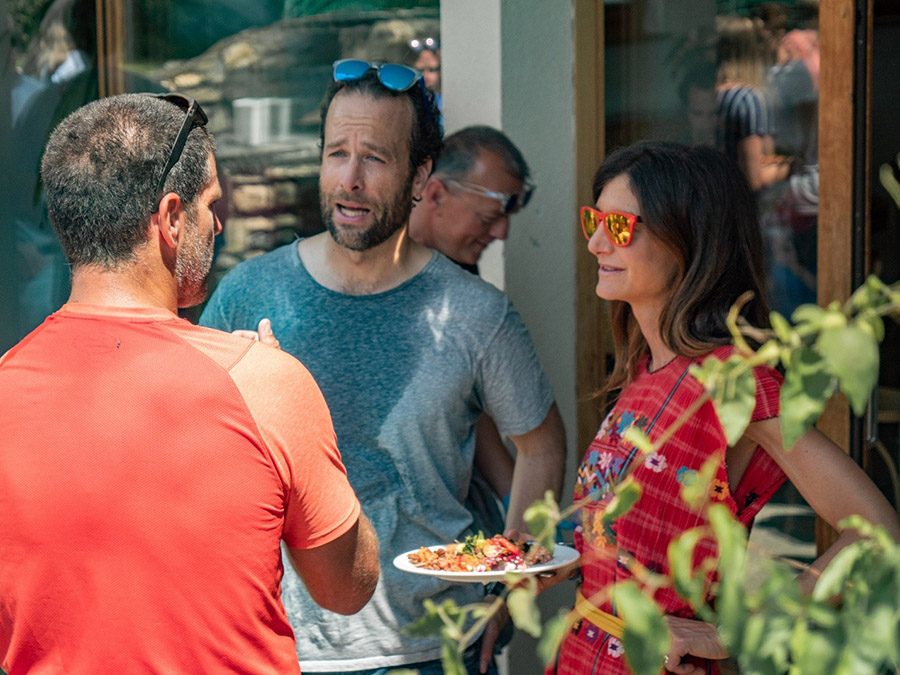
Parents have been instrumental in their support of the school. It has been incredible to work with parents throughout the quarantine to best support all children learning. Parents have been understanding and patient every step of the way, and the school is incredibly grateful to their continued support.
And finally, the school management team has shown real leadership and dedication to the school. Through incredibly uncertain times, our leaders have had to stay up to date with confusing regulations and to make decisions that could have been unpopular at times. Throughout it all, they have steered the school with a calm and determined demeanor.
WEATHERING THE STORM
Though the effects of COVID-19 on our society are still ongoing and relevant, VIS can reflect on our response with pride and honor. It has been very reassuring to be part of such an awesome community. We were happy to come back together as a community and celebrate all that we have gone through together.
As we come together on our last day, we celebrate our families and the incredible commune that we get to call home. VIS community members can take pride in their achievements and confidence in supporting each other in the years to come. We want to wish everyone an incredible summer holiday and a safe return to class in the fall.
WHAT LESSONS HAVE WE LEARNED FROM THE PANDEMIC SEASON
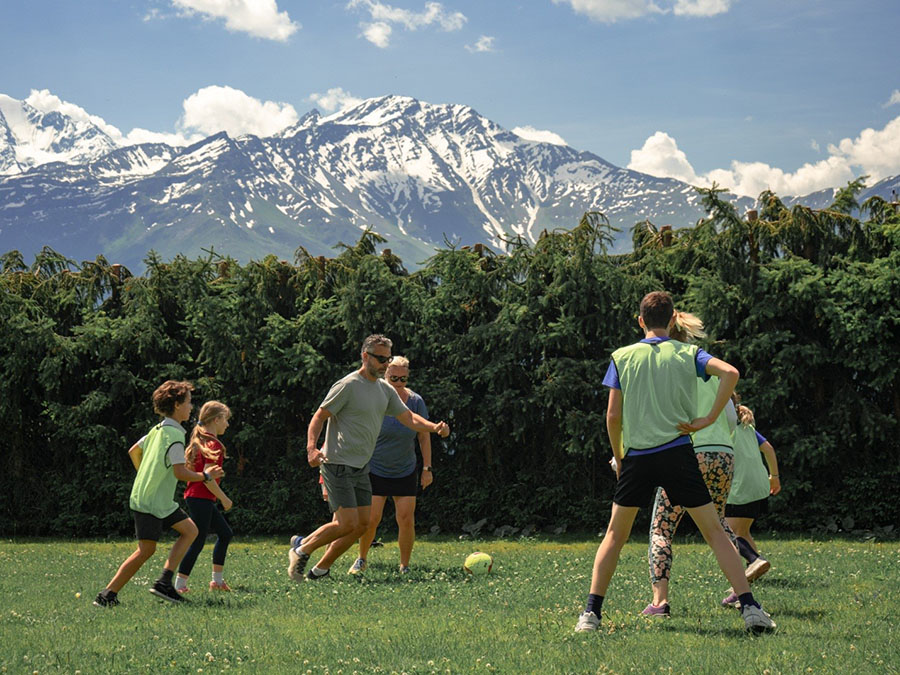
Amid the crisis, there are numerous lessons schools around the world have learned. These lessons will transform the future of education in years to come. For starters, both teachers and students now understand the challenges that come with spending prolonged time on screens. Today, all players in the education sector agree that powerful learning is possible when the parties involved are energetic, engaged, and focused.
VIS educators have worked tirelessly during the remote learning period to adjust the curriculum and cut down screen time. According to researchers, “online sessions between 15 to 30 minutes are most effective”. This revelation triggers a reflection on the effectiveness of the current education models where learners remain in classrooms for long periods without taking a break.
Schools now understand that studies today are not just about learning remotely but doing so amidst a pandemic. As a result, isolation, fear, unpredictability, and anxiety has become common. Monitoring students to establish how they are faring on is becoming critical. Again, allowing students a chance to connect with their peers through video conferencing and chat is helping the kids cope.
Not Every Student has Access to Remote Learning Tools
Many students today are lagging because they cannot access suitable gadgets and bandwidth. While some schools are yet to adopt preparedness measures, others have managed to use advanced software to; step up digital learning, access qualified and experienced teachers, and access high-performance gadgets.
The COVID-19 pandemic has worsened the existing digital gap in many student learning. Schools, districts, and governments must strive to avail infrastructures and systems that can manage possible disruptions in the future. Education ministries across the world have a long way to go to make SDG4 (ensure inclusive and equitable quality education and promote lifelong learning opportunities for all) a reality.
Where do Schools go from here?
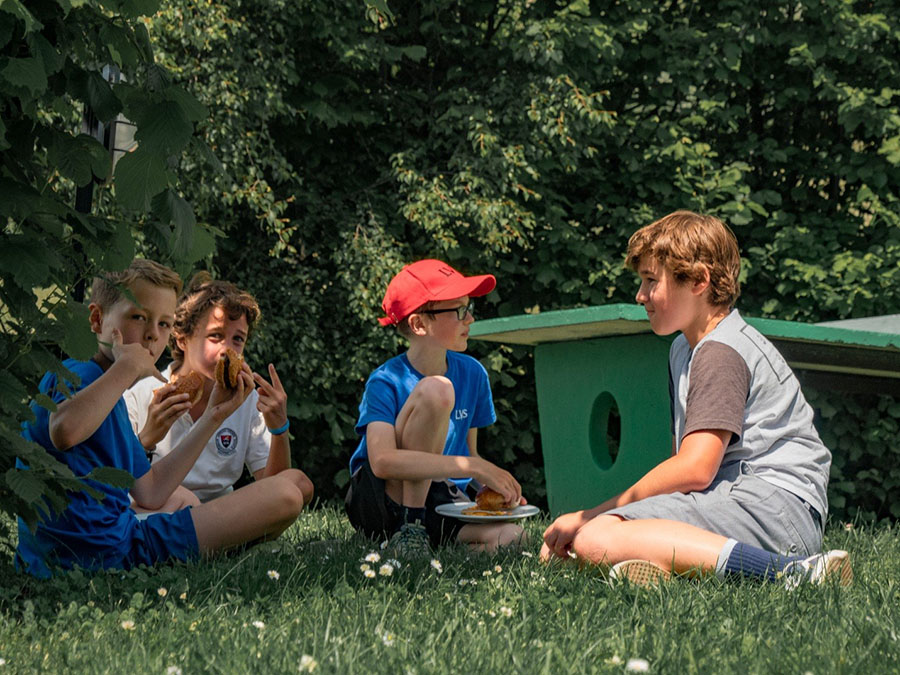
Some schools are resuming while others are preparing to reopen. It is critical to understand the impact of lessons covered during the quarantine period on the future of education. Here are some vital questions we should ponder on.
Let us assume schools were ready to adjust the contact time and curriculum to make sure students concentrate and remain engaged during remote learning. How will they go about modifying contact time, curriculum, and educational strategies to ensure students focus during lessons?
What then happens to the traditional way of learning? Will students go back to sitting in classrooms as teachers offer lectures? What about the massive homework and prolonged periods of studying for tests?
Think about the build-up of content that disrupts critical, deep, and creative thinking because there is a lot to cover. Will educators set aside time to figure out why students get bored? What measures will both educators and regulators in the industry take to keep students engaged and focused?
Understanding the Impact of Covid-19 on Students
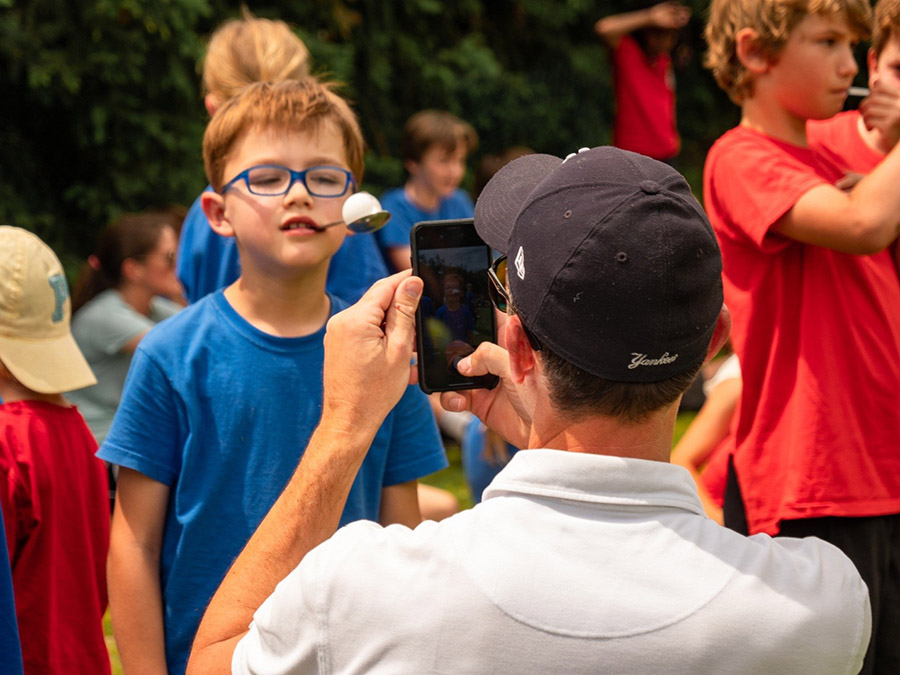
Isolation, fear, and anxiety are some of the leading factors of the COVID-19 pandemic. What this means is that teachers have had to be more cautious in developing a sense of human and community contact via remote learning.
What will happen when life goes back to normal? Will the assumption of traditional learning practices eliminate the already learned lessons? Will teachers deviate from covering the curriculum to monitor students individually?
Will educators allow students an opportunity to connect with their peers, exercise mindfulness, or even share their ideas? Will the students be confident enough to take part in all this? Will educators deem themselves as mentors, or will they go back to the traditional way of teaching? Often, teachers continue will lessons with little regard of their student well-being.
Governments are Investing on Education
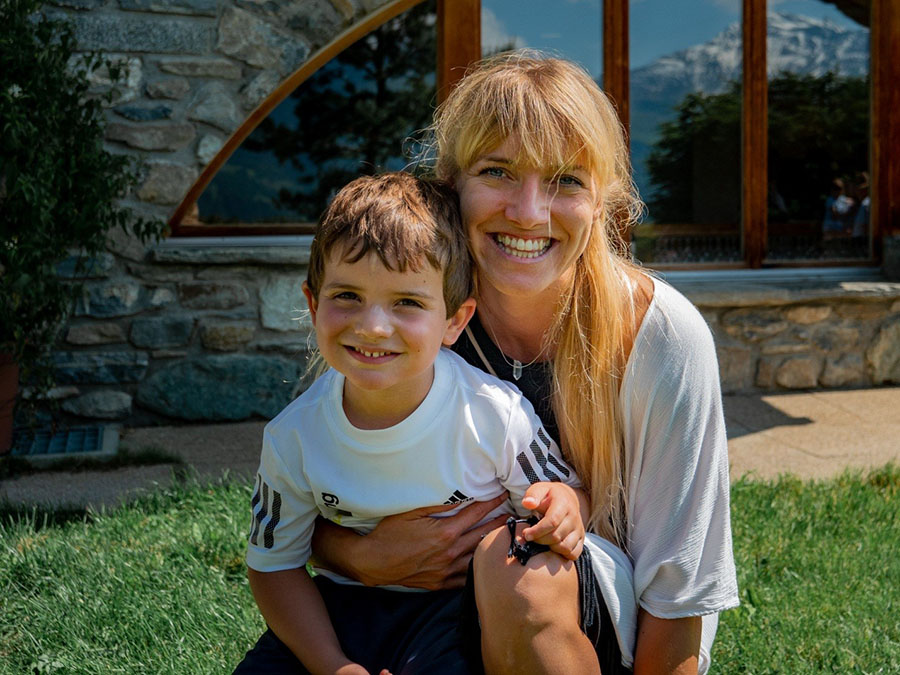
The OECD (Organisation for Economic Co-operation and Development) says that many governments are providing between 2 and 4.5% of GDP (Gross Domestic Product) on education. It is worth mentioning that many professional development projects and teacher salaries are underfunded. Considering what economists say on why investing in education is vital, will government increase funding to better the future of education?
Will they strive to train teachers and ensure they are conversant with effectively digitizing their instruction? All this, while making sure that learners in underprivileged areas get access to technology to facilitate learning?
Will the process go back to normal where some industries have cutting-edge resources while others do not? Evening out the playing ground will be challenging. Both educators and governments will need to understand what to do to achieve an even playground.
Education at a Crossroads
The education sector is currently endangered and is at crossroads. One lane moves towards the pre-corona times focusing on an education system that has been in place for many years. On another side, you find a path that focuses on investing in education and student well-being.
The latter lane aims at doing everything possible to facilitate learning within a setting that connects the student’s emotional and psychological needs. Schools and governments have learned enough lessons from the COVID-19 pandemic. It is good to take action immediately and have measures in place to help them cope in the future.
How to Close the School Year with Minimal Struggle
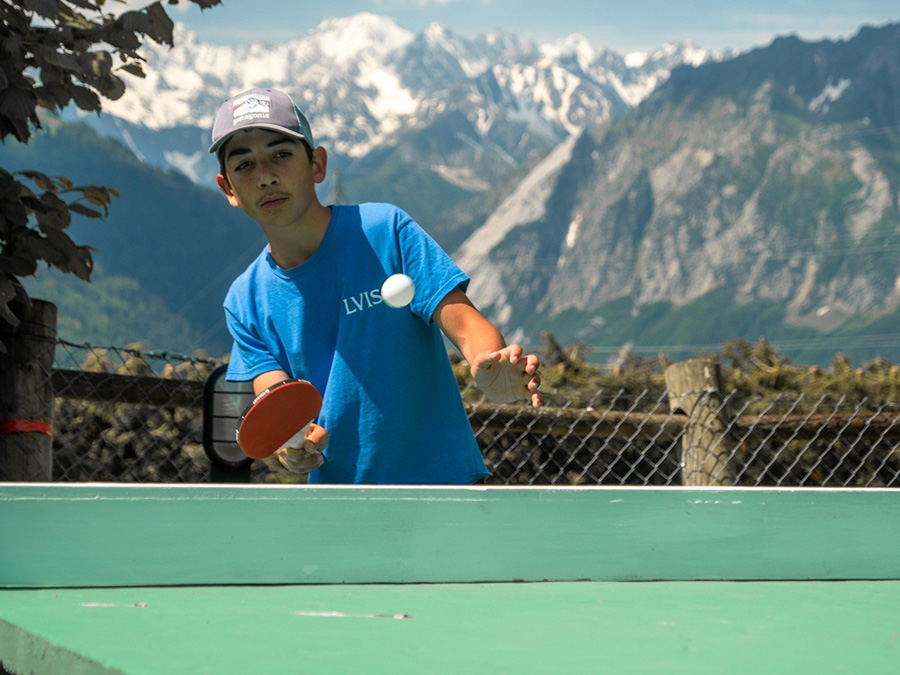
Students look forward to the end of the school year, but graduating from one class to the other may appear challenging. Apart from learning, teachers often have numerous other things to complete before the school year ends. While this is usually a busy period, it does not have to be stressful. Here are some tips to help teachers get through it as smoothly as possible.
Archive Your Work
Do you have great charts created during the school year that you do not intend to keep? How about you archive the idea? Take photos of any of your valuable work before discarding it. You can even distribute them among your students to carry home rather than throwing them. Finally, create a file on your drive or personal computer and store your work safely.
Save any Charts that You Intend to use During the Next School Year
What is the best way of saving your charts? Do so by removing them from the wall, folding, and storing them in a waterproof container. You can DIY a storage unit by stapling together big pieces of tag board.
Take Photos
Take photos of your classroom before you can go on the school year break. These will help you remember the appearance of how your previous class. You can even use the images to compare your new classroom to the previous one or give you organization ideas.
Start Preparing for the Next School Year
Choose what you are sure to need in the next year and make copies. Ask one of the parents to help you with this. Keep them in a strategic place where you can easily access them at the beginning of the next school year. Some of the things you may want to make a copy of include; spelling sheets, homework logs, reading logs, and monthly calendars.
HOPE FOR A BETTER TOMORROW
As students proceed on vacation, the VIS community is optimistic that the situation affecting the entire world will improve. While we cannot wait for everything to get back to normal, we appreciate the lessons we are taking from this season.

